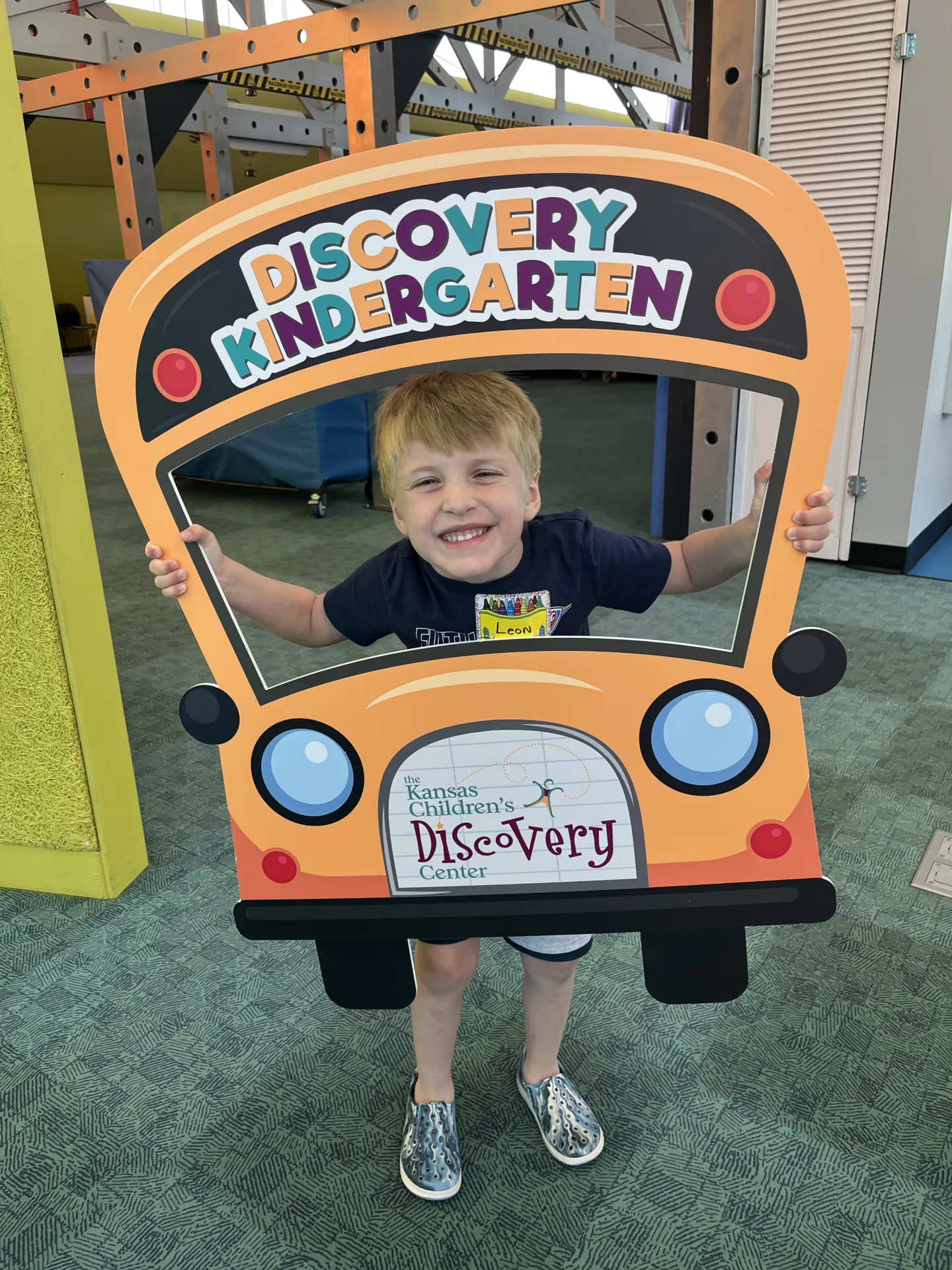
10 Ways to Get Your Child Ready for Kindergarten
Kindergarten is an exciting adventure. It can also be a big change for many kids. Here are 10 ways to help your little person be ready.
10 Ways to Get Your Child Ready for Kindergarten
Kindergarten is an exciting adventure. It can also be a big change for many kids. Here are 10 ways to help your little person be ready.
1. Be chatty
Don’t let this big change be a surprise for them. Start having conversations early about their school, their day, and routine changes. Encourage them to ask questions and share their predictions.
2. Read
Not only is reading to and with your child a great bonding activity, this is a great way to help them get ready for school. Reading together teaches basic skills such as attending to a task, how to hold a book, page turning, and left to right reading. Bonus: reading provides tons of vocabulary and opportunities for conversation throughout!
3. Build Independence
Kindergarten will ask a lot of your little. Let them practice those tasks they’ll soon need to be able to do by themselves such as zipping zippers, fastening shoes, buttoning clothes, and opening lunchbox items. Bonus Idea: Make a chart or poster to celebrate their success at doing these independently!
4. Play, Pretend, and Practice
Let your child practice kindergarten at home. Prepare them for what to expect. Let them pretend to get on the bus or say hello to crossing guards or school staff. Have them pick out clothes and play-dress up. Practice picking food out in a lunch line or open their lunch from home. Practice helps progress and playing is always more fun!
5. Make Connections
Giving opportunities to take risks and explore gives your child experiences they can then connect to the learning they will do in the classroom. Go to the zoo or on a walk around the neighborhood. Stretch their thinking by discussing these experiences.
- Do you see that person working on the cars? Do you know what they’re called?
- Let’s pretend to be mechanics.
- I wonder if we can draw some cars.
- How many toy cars do you have?
- What are some other words that sound like car?
- You are building vocabulary and giving your child rich experiences to share.
6. Motor Practice
Kindergarten will ask new tasks of your child’s whole body. Think both whole and small body movements. Have them practice big muscle movements such as running, skipping, throwing, catching, and climbing playground equipment. Small muscle movements to practice could include: drawing straight and wavy lines, working with a pencil, holding the paper with one hand while coloring or drawing, and cutting with scissors.
7. Rest
5 years old need around 11-12 hours of sleep per day. Not all kindergarten classes take naps. About a month before school starts, get your child’s body in sync with what their routine will be. Start practicing bedtimes and wake up times that mirror what their school schedule will be. This will help everyone wake up on the right side of the bed!
8. Get Social
Kids need practice interacting with others. They need to learn to take turns, wait, share, listen to and cooperate with other kids. Learning you can’t always be first is hard. Meet friends at the park or playground or make new ones there. This helps kids transition to sharing their space with twenty other kids instead of just brothers or sisters. Get your kiddo out and about where they will have interactions with other kids and adults. No work, just fun!
9. Talk about feelings
It’s okay to cry and miss a parent. Strong feelings are normal. Create a safe space for your child to talk about how they are feeling. Kindergarten is a big transition with many different situations all rolled into it. It is normal for kids to experience emotions they aren’t used to. Regularly talking with your child about their day helps to foster their acceptance of their emotions and process through them. Set aside a time each day to chat. Talking about feelings takes time. Set the example and tell them how you felt throughout the day. Always remember, there are no bad feelings but we are always responsible for what we do when we have those feelings.
10. Have fun together!
Find little moments to bond with your child. Something as small as a short walk or car ride together creates a larger impact than you think. When your child feels safe and connected to you they are more likely to believe when you tell them they can be successful in kindergarten. They are more likely to open up about their feelings. They are more prepared to take on a new challenge with strong support. Carve out a little time each day for just you two and have fun!
Preparing for Kindergarten doesn’t have to be hard work. Playing, reading, practicing and exploring are all great ways to help your child be ready while having some serious fun!